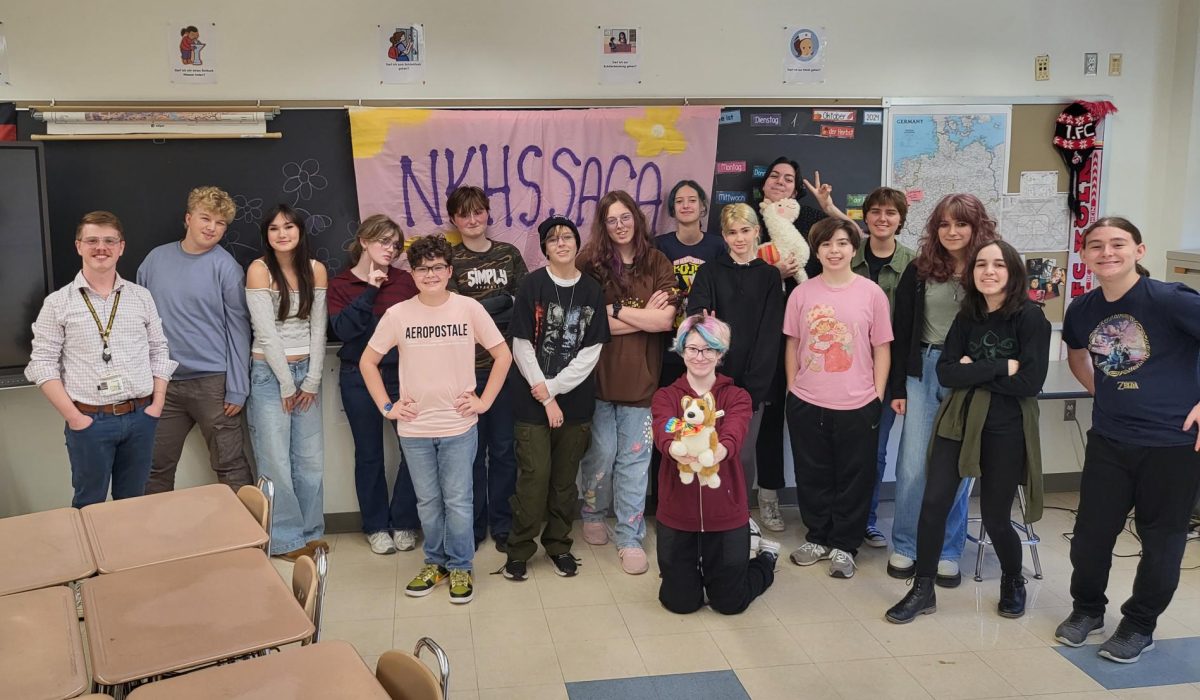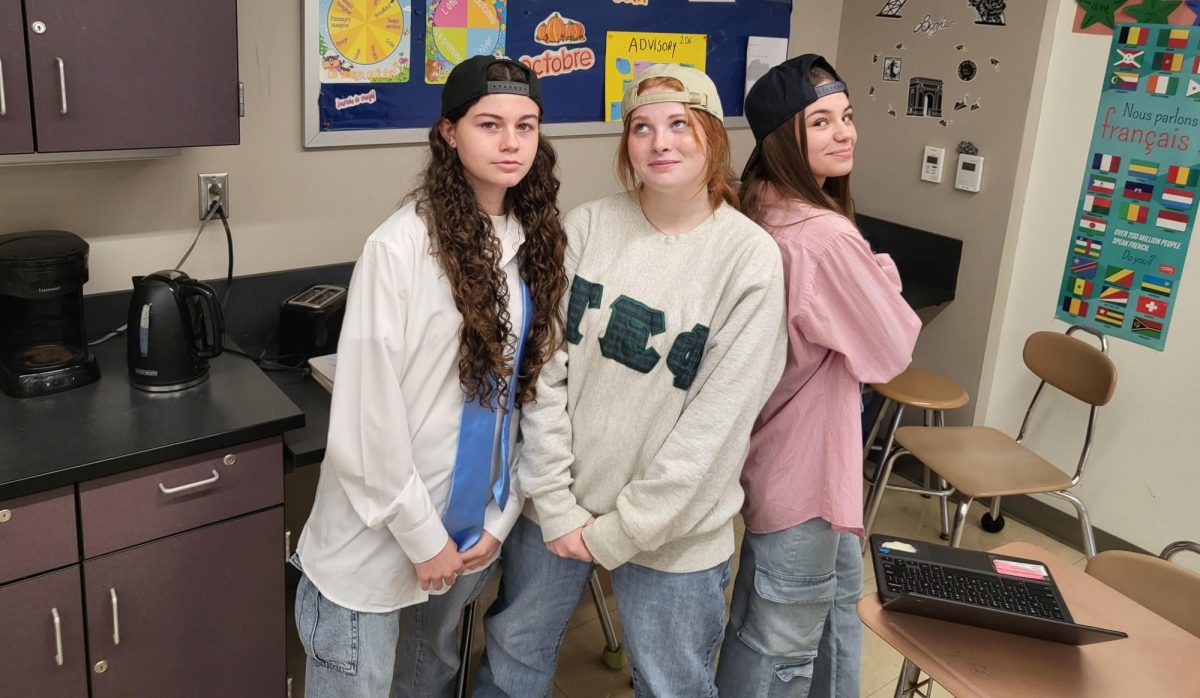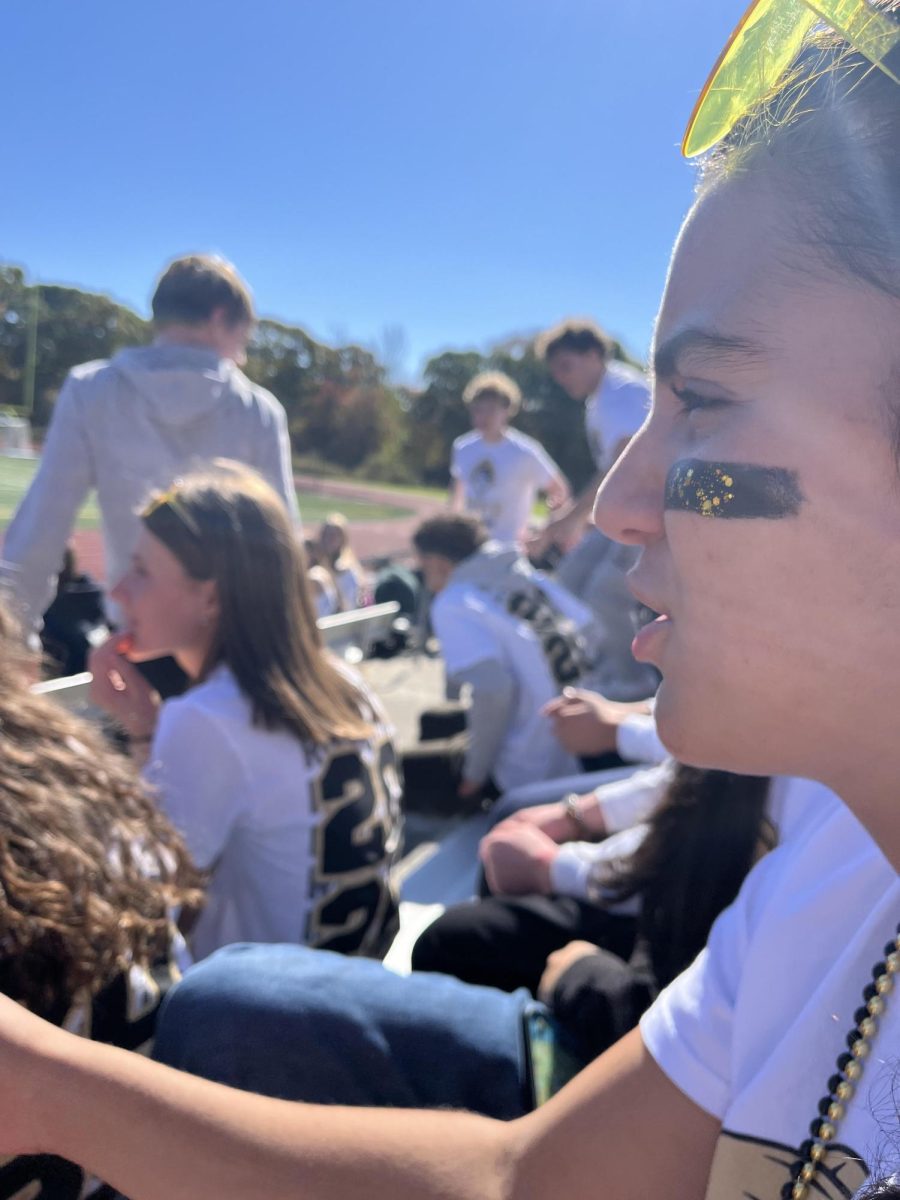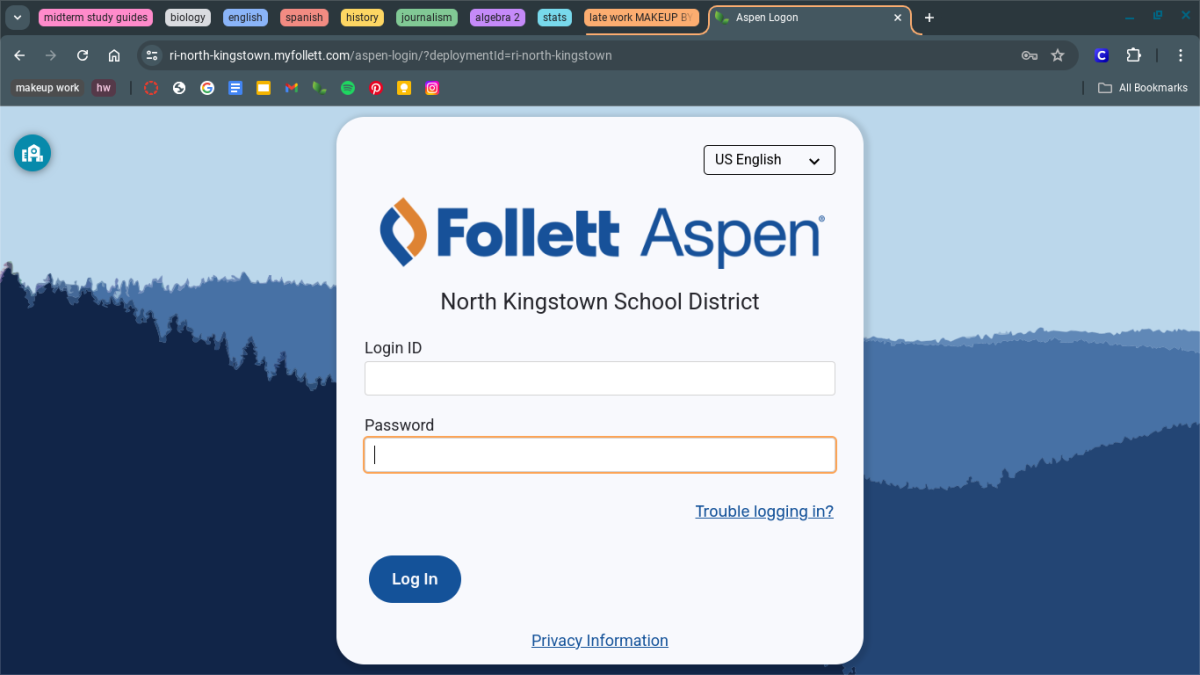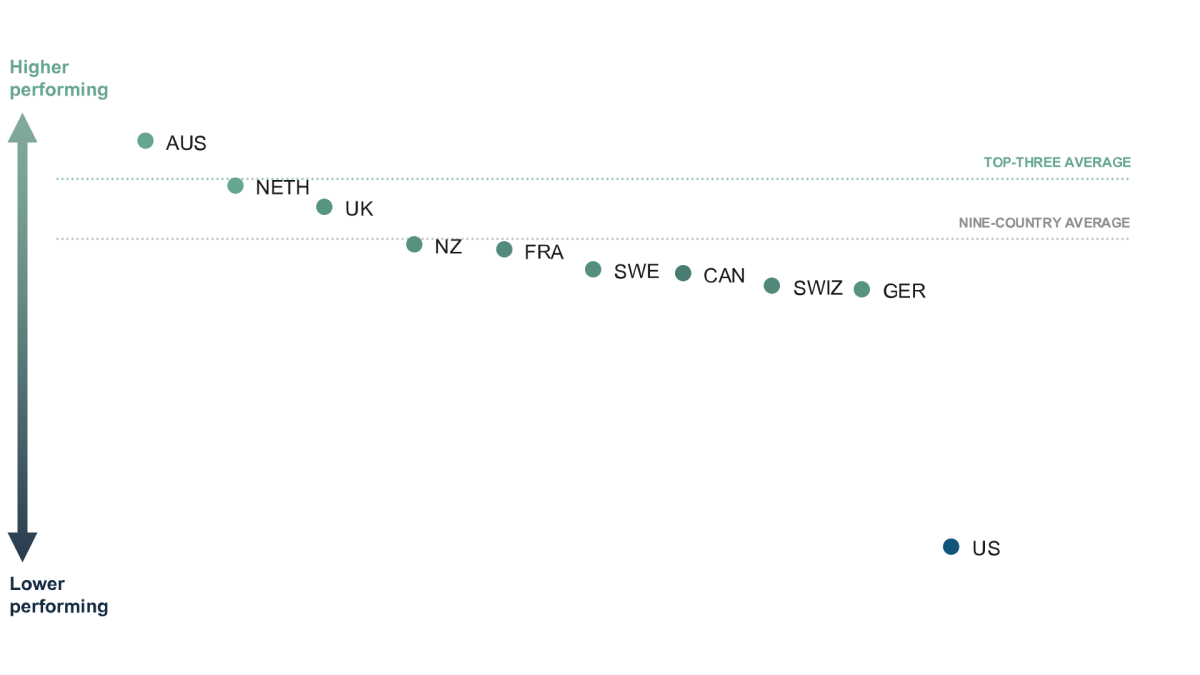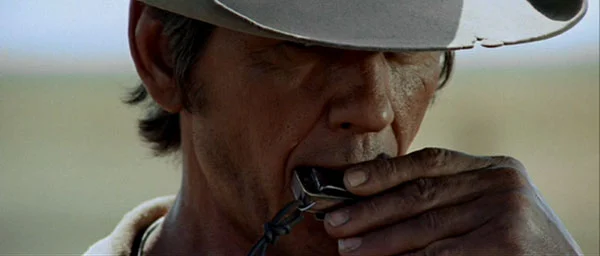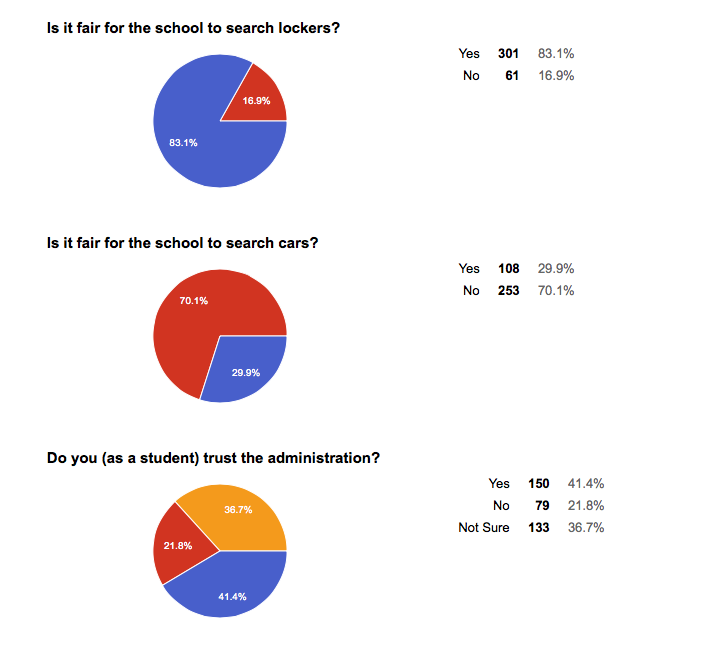Students and faculty discuss car searches, trust, locker searches
To many students, a lockdown is nothing more than a relaxing break during class that allows for at least a ten minute nap. But what happens when this ten minute nap turns into over an hour longer? Back in November, NK students sat in the dark, not sure of what was going on, only to find out that police department and trained K-9s were searching lockers and students’ cars.
The unusually long lockdown and the unexpected car searches caused many students to question the procedures that administrators follow. Senior Jeff Dowling said, “I feel like they have it down pretty good. Sometimes [the lockdowns are] a little long, but you never know what could really happen.”
Junior Sam McGrath echoed Dowling’s thoughts. “[The school] is doing [lockdowns] the best way they can, but it still doesn’t take away from the inconvenience of it,” she said.
Assistant Principal for Student Services Donna Sweet had an explanation for the numerous questions students asked about the long lockdown. “I like to call it the ‘Lockdown Plus.’ The school was converged by emergency personnel. The K-9 search was practice for a big, real event, and the lockdown with K-9s was also training for the K-9s. The lockdown took so long because there were so many dogs in the school that day training,” she said.
Overall, students do not seem to mind lockdowns, but rather what goes on outside the classrooms during them. The fairness of conducting drug searches without prior warning became a frequent topic of conversation in the week following the hour and twenty minute-long lockdown. “I don’t really have a solid opinion, but it’s understandable to have [locker and car searches]. Drug searches are people’s own business, but I get the safety part of it,” said Dowling.
Other students had stronger opinions in regards to the surprising car search. “It’s unnecessary to search the car unless they find evidence in the locker. It’s not fair to just bring dogs to the cars,” said McGrath. Many students also shared opinions similar with McGrath’s, whether they park a car on school property or not.
Sweet, however, explained that “the [parking] spots are on our property. One way to look at it is that the students rent our [parking] spots. Think of it as not just searching for drugs, but it could be a gun, too.”
On whether she thinks searching lockers and cars violates students’ trust, Sweet said, “I hope not. I hope that with the administration we have, we build trust. I would hope that since we found nothing in the lockers [that day], the students would feel safe.”
At the end of the day, the administration just tries “to create the safest environment possible,” said Sweet. While it may not always seem like it to some students, the administration has good intentions.
Your donation will support the student journalists of North Kingstown High School. Your contribution will allow us to distribute a print edition of the Current Wave to all students, as well as enter journalism competitions.

